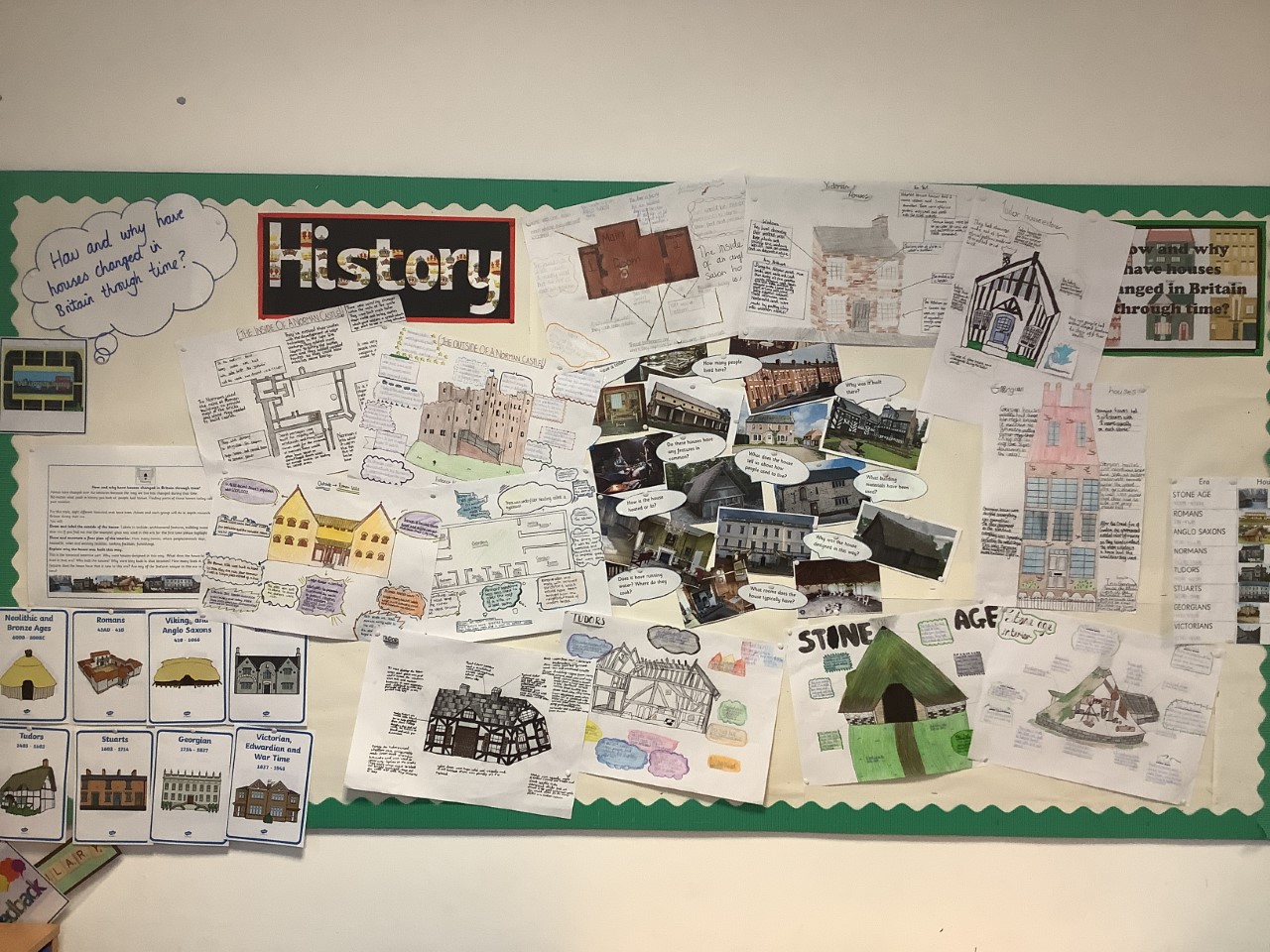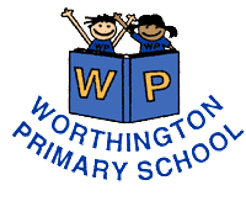History
Worthington Primary History Curriculum Statement
Intent
At Worthington Primary School, we aim to deliver a history curriculum that is accessible to all and that will maximise the outcomes for every child. Our teaching of history will help pupils gain a secure knowledge and understanding of Britain’s past and by using a range of primary and secondary sources, they will gain an insight into how people around the world used to live and how these interpretations may differ.
Our History curriculum has been designed to cover all of the skills, knowledge and understanding as set out in the National Curriculum.
‘A high-quality history education will help pupils gain a coherent knowledge and understanding of Britain’s past and that of the wider world. It should inspire pupils’ curiosity to know more about the past. Teaching should equip pupils to ask perceptive questions, think critically, weigh evidence, sift arguments, and develop perspective and judgement. History helps pupils to understand the complexity of people’s lives, the process of change, the diversity of societies and relationships between different groups, as well as their own identity and the challenges of their time.’
Early Years
Teachers in EYFS follow the ‘Development Matters in the EYFS’ guidance. History is still enquiry based, it is then taught, shared and assessed through the specific area of Understanding the World (The World and People and Communities).
Our history planning aims to develop children’s understanding of the chronology of the main historical civilisations from the Stone Age to present day and to make comparisons between historical periods. We will also provide pupils with the rich history of our local area and the growth of industry which resulted in cities such as Manchester and the world’s first passenger railway from Liverpool to Manchester.
Implementation
- All topics will begin by revisiting prior knowledge in order to support children to recall previous learning and make connections.
- Main historical civilisations are taught chronologically in KS2 and links between civilisations are made to deepen understanding and provide context to learning.
- We have identified 6 Substantive Concepts or ‘Golden Threads’ which run through the History curriculum, giving pupils the opportunity to place facts about people or events into context and to make connections across and within time periods.
- We will refer explicitly to Disciplinary Concepts, set out in the Early Years curriculum and National Curriculum, which will inform pupils about how historians study history and give opportunity to develop these skills and work as historians.
- Each history topic is planned around an Enquiry Question and the series of lessons will be carefully planned to enable pupils to draw their own conclusions in answering the question at the end of the topic.
- ‘Sticky Knowledge’ is recorded for each topic to show progression of knowledge from EYFS to Y6 and will be a tool used by teachers to assess understanding and progression of vocabulary.
- Formative assessment will take place at the end of each lesson in the form of a low stake’s quiz/question at the end of each lesson. This will enable teachers to identify any misconceptions and address them at the start of the next lesson.
- Through our teaching, historical artefacts and visits, we will encourage our pupils to find out more about events and people from the past.
Impact
At Worthington Primary, Pupil Voice shows that children are confident and able to talk about what they have learnt in history using subject specific vocabulary. Pupil Voice also demonstrates that pupils enjoy studying history and are able to recall their learning from previous years.
Work in books is of a good standard that demonstrates pupils can use their skills as historians to pose questions, evaluate evidence and draw conclusions.
PoP activities, linked to the Enquiry Question, at the end of each history topic give pupils an opportunity to demonstrate their understanding and teachers the opportunity to assess this understanding.
Regular school trips provide further relevant and contextual learning.
Feedback is given to the children as soon as possible, and marking work is guided by the school’s Feedback and Marking Policy.

